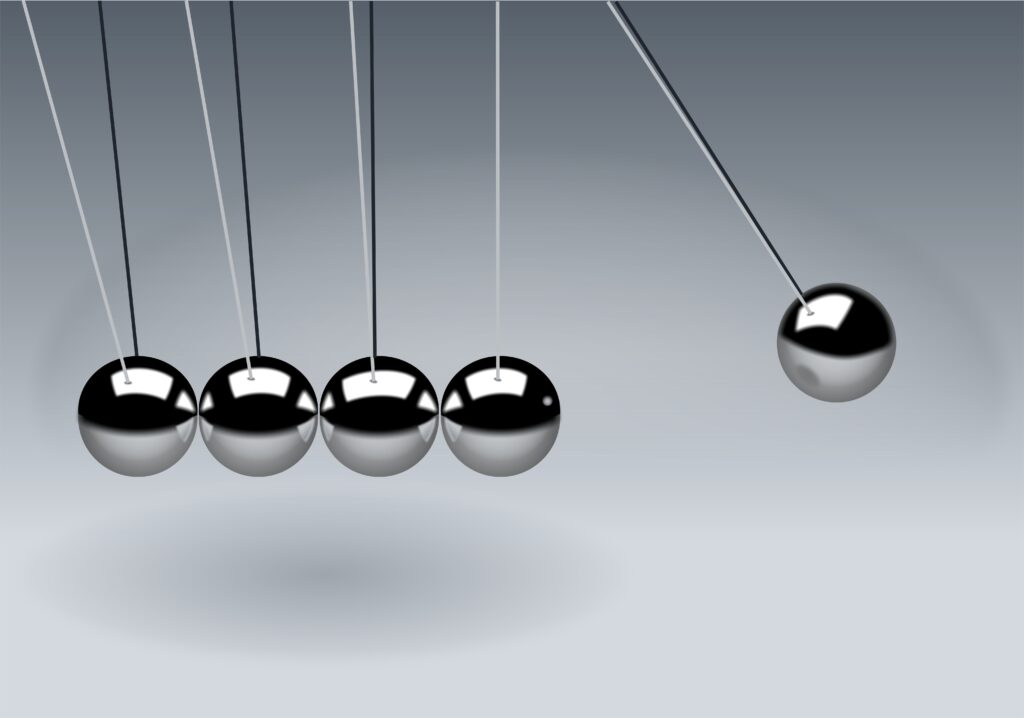Family Scapegoat Syndrome

The family scapegoat syndrome is a version of the scapegoat mechanism that operates within a family system of desire.
Hyperobject

Mimetic desire is the hyperobject hidden since the foundation of the world.
Mimetic System

A mimetic system is a structure sustained by mimetic desire and the mimetic process.
Social Fact
A social fact is an idea originating with the sociologist Émile Durkheim—it’s something that has a genesis in the institutions or culture of a society which affects the behavior or attitudes or any one member of that society. Mimetic systems and the scapegoat mechanism are examples of Social facts. The University of Colorado gives the […]
Scapegoating in American Beauty – by Eric Buys
In the article Scapegoating in American Beauty Eric Buys reflects on the role mimetic desire plays in the life of Frank Fitts. Fitts, a closeted colonel in the United States Marine Corps desires acceptance and recognition which he feels is not possible if he is openly gay. Yearning to express who he truly is, he […]
Mimetic Theory in High School- by Eric Buys
Eric Buys has written an excellent piece imagining mimetic theory being taught as a high school course. Human beings are essentially crisis managers. According to Buys, in the face of any major crisis, humans ask three types of questions: Scientific Questions How do crisis situations in human life arise out of mimetic interactions? How are […]
Mimetic Martinis: Contagious Desire Explained, by James Bond
The drama of everyday life is that people are constantly seeking other people to imitate while simultaneously unaware that they imitate. I plan to order a beer from the bar, but my friend orders a gin martini first. Suddenly, I “realize” that I want a martini, too. (If I’m honest with myself, I didn’t want […]
Mimetic AI—Mimesis and Artificial Intelligence
Artificial intelligence and two of its sub-domains, machine learning and deep learning, often develop with the aid of mimetic algorithms. Financial engineers use mimetic algorithms to drive momentum trading in stocks and other financial assets; sex robots are programmed to mimic the facial expressions and flirtatious voices of their suitors; and even moral theorists and […]
Maslow’s Hierarchy of Needs
Psychologist Abraham Maslow first published his famous “Hierarchy of Needs” in 1943. He illustrated the way that he believed human motivation moves—from the fulfillment of basic physiological needs to the fulfillment of the self. Maslow’s hierarchy gives the appearance that “physiological” needs and “safety” needs make up the foundational and largest set of needs for […]
Abortion as Ritual Sacrifice: A Girardian Take on the Scapegoat Mechanism in Sexual Politics
The following are excerpts from the essay Bernadette Waterman Ward called ABORTION AS A SACRAMENT: MIMETIC DESIRE AND SACRIFICE IN SEXUAL POLITICS The key elements of sacrificial religion, as Girard defines it, are the presence ofintolerable tension that must lead to social disruption; the choice of a victimwho cannot strike back to absorb the community’s […]
